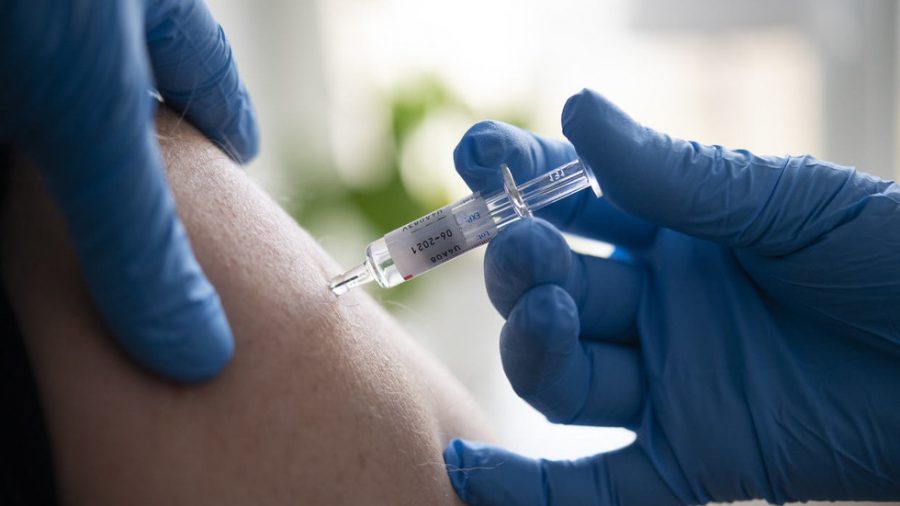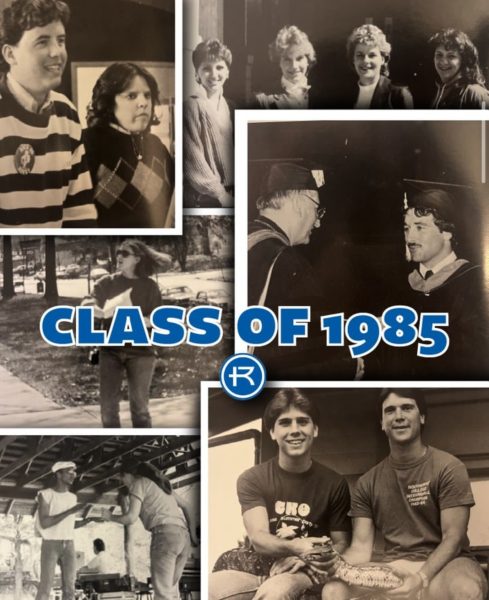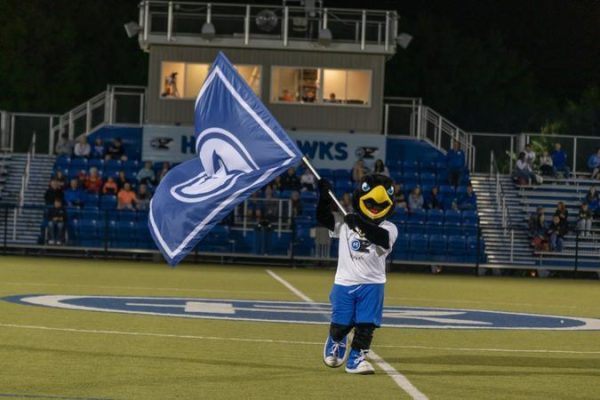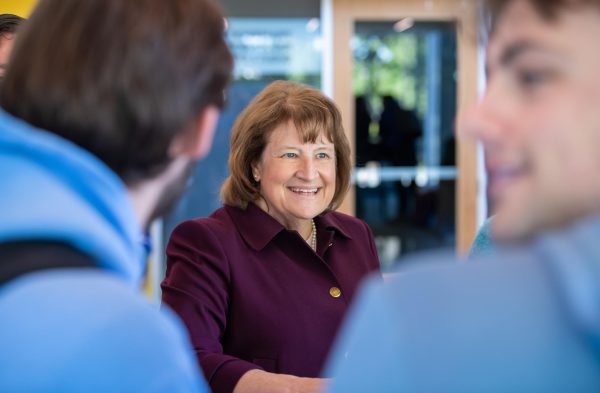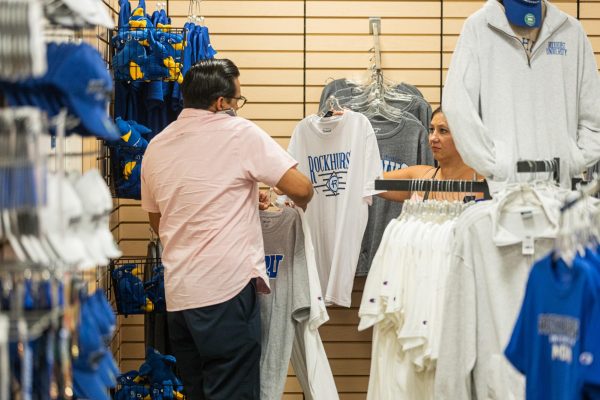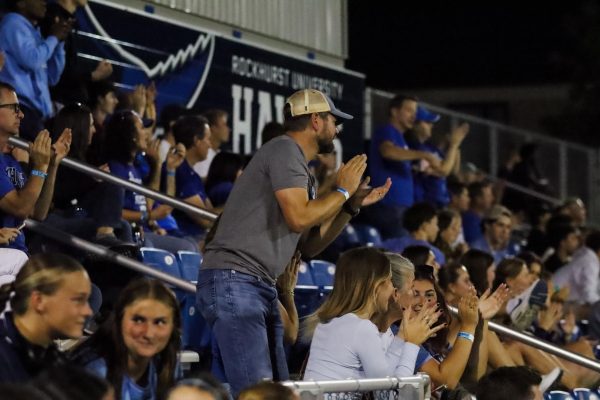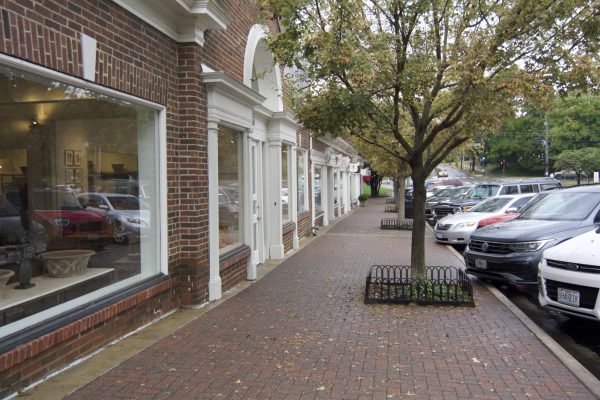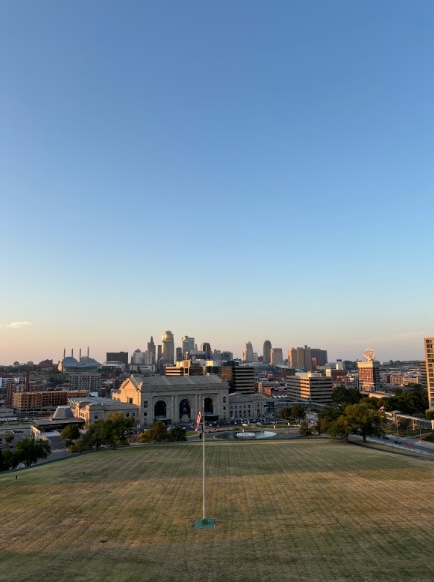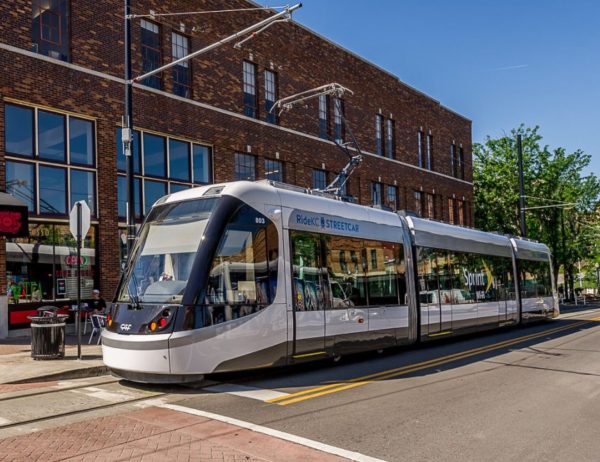COVID-19 vaccines on Rockhurst campus
The COVID-19 pandemic continues to cause commotion around the world, with the Omicron variant the latest sign that the global health crisis is not yet over. But at least in the U.S., things are somewhat calmer now thanks to the vaccines.
In the months since three vaccines rolled out early in 2021, people have been resuming the things they enjoy, like shopping ahead of the holidays, going out on dates and even returning to work.
Public health officials and civic leaders have called the vaccine the key to turning the tide of the pandemic. In an effort to get more Americans vaccinated, businesses and governments have mandated employees to get the jab in order to stay on the job.
In early September, a month after the country achieved his goal of 70% of U.S. adults receiving at least one shot, President Joe Biden announced new rules requiring federal offices, large employers and health care workers to get vaccinated or submit to regular COVID-19 testing.
Specifics of those rules were issued Nov. 4 by the White House. A report by NPR stated that the rule requires companies with more than 100 employees beginning Jan. 4 to verify that all employees are vaccinated or test negative for the virus weekly. The rule also has employers provide paid time off for workers to get vaccinated but does not require them to pay for COVID testing for employees who opt not to get vaccinated.
According to NPR, the rule, issued under the Occupational Safety and Health Administration, will apply to approximately 84 million workers. That includes Rockhurst, which as of Fall 2020, employed just under 600 faculty and staff.
While students were required to get the vaccine or apply for an exemption in order to return to campus this semester, faculty and staff were “strongly encouraged” to do the same. In a Nov. 29 COVID update, the university said it was still reviewing how the employer vaccination mandate might change the current vaccination policy.
At Rockhurst, 84% of students are vaccinated, along with 90% of employees, according to a Dec. 2 update from the university. Fifteen percent of students and 4% of staff have received exemptions.
Nationally, COVID vaccination rates still fall short of the 80-90% rates that health experts say is needed to achieve herd immunity. Currently, just over 60% of Americans are fully vaccinated, and 72% have received at least one shot, according to data compiled by the Mayo Clinic.
Locally, both Missouri and Kansas lag behind the national COVID vaccination rates. In Kansas, 55% of residents are fully vaccinated, while for Missouri, only 52% of the population has reached that status.
Even as employers try to get their employees vaccinated, there are many people who have had second guesses about the vaccine until they heard how effective it was to repel the virus.
Darnell Jones, the director of IT Helpdesk at Rockhurst, was one of those people who had some initial reservations about the vaccine but ultimately decided to get the shot.
“I had some concerns about the vaccine at first, but when it came down to work and trying to support my family, I decided that it would be best to get vaccinated so I could continue to support my family,” Jones told The Sentinel.
He added that the rising cases of infections and deaths helped give him a clearer picture of the seriousness of COVID-19. Another thing he mentioned that gave him a clear picture of how serious COvid-19 was the rising cases of deaths, and people who had the virus.
“It was really crazy to see how many deaths are continuing to keep rising day after day,” Jones said. “Seeing [that] had me worried, and then I asked a question to myself, ‘Would I be those individuals who have died because I didn’t get vaccinated?’ It’s something you don’t want to think about, but you do.”
Despite some buy-in, COVID mandates have been challenged in court.
The Missouri attorney general has sued the Biden administration over the federal vaccine mandate, and the Kansas legislature enacted a bill in late November to expand religious exemptions from the vaccine and extend unemployment benefits to people who are fired for refusing the shot.
According to The Cut, 31 million of the 84 million employees who are covered by the federal vaccine mandate remained unvaccinated last month. But some signs that such workplace mandates can push people to get the shot are evident at the state levels, including in New York, where more than 3,000 previously unvaccinated public hospital employees got the shot after the state issued its own mandate.
How people respond or resist vaccine mandates in the months ahead will have a big impact on when this pandemic may ultimately end.


